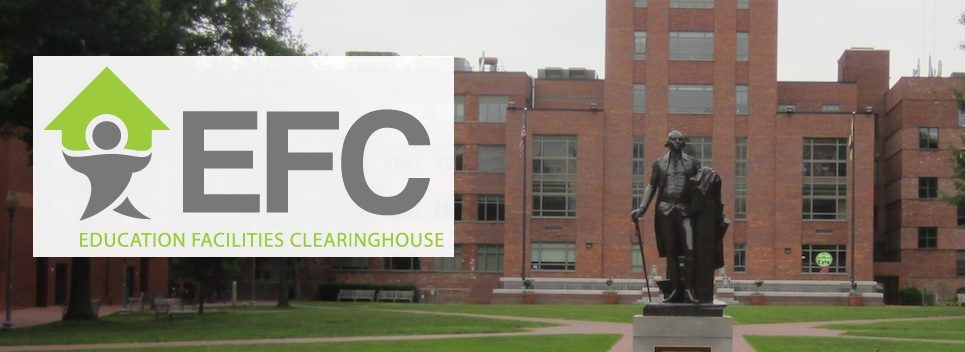Iyer-Raniga et al., 2015
The impact of climate change and adaptation pose huge challenges to the built environment. Educational institutions in particular, are faced with not just management of their built assets, but also future proofing their assets from a climate change and adaptation perspective as well as a learning and teaching perspective. While there are recent examples of educational institutions joining the wave of building iconic Green Star buildings across Australia, there still remains the question of whether the physical building, facilities management and occupancy patterns provide realistic triple bottom line (TBL) outcomes. Very little post occupancy studies, if any, are undertaken particularly capturing key experiences to further improve future new building development and refurbishment. Using the experience of an iconic building that has won numerous awards in Australia, this paper captures the learning from the perspective of educational institutions as owner-occupiers of built assets. A case study was undertaken using a mixed method research approach. Interviews were undertaken with the project team, both internal and external to the educational institution, complemented by post occupancy evaluation (POE) examining energy and water use of the building. In addition, a Building User Satisfaction survey was also undertaken. While the data set was evaluated using various frameworks, this paper focuses on the role of the management style in ensuring TBL sustainability outcomes. The paper highlights the importance of senior management support in achieving TBL outcomes and presents some guidelines for other educational institutions wanting to future proof their assets.

